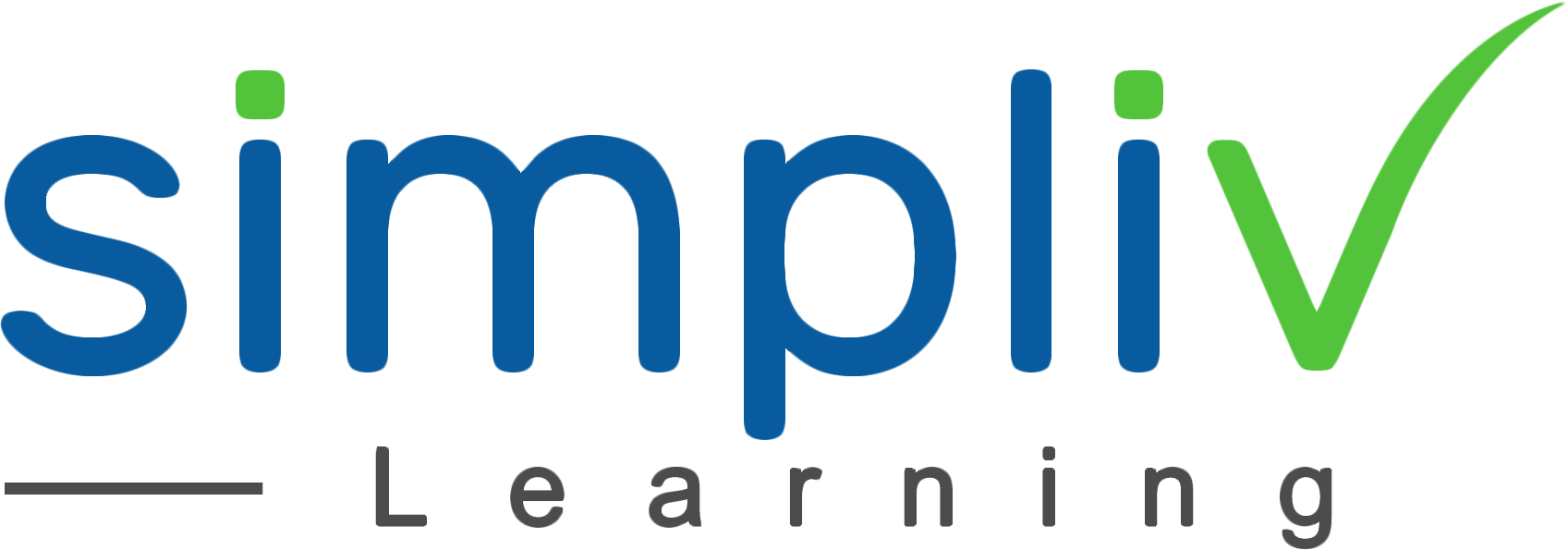Effective Ways of Resolving Everyday Workplace Conflicts
This approach helps individuals maintain positive relationships, foster collaboration, and create a more harmonious and productive workplace.
Leadership & Management
1 Hour
Description
This course offers practical strategies for addressing and resolving conflicts that naturally arise in professional environments. It emphasizes the importance of open communication, empathy, and problem-solving skills in transforming challenges into opportunities for growth. This approach helps individuals maintain positive relationships, foster collaboration, and create a more harmonious and productive workplace.
Interpersonal conflict occurs daily when:
we perceive that someone is impeding on or threatening our needs or goals
two or more persons seek to possess the same object, resource, position
people maintain incompatible goals, values or motives
Conflicts can be caused by differences in:
Information - do we have the same data?
Perceptions - do we see things from different backgrounds & experiences?
Roles/priorities - do we have a different status or positions which causes us to take a different stand?
Relationships/assumptions - do we have the trust level needed to address the issue?
Conflict is a product of our uniqueness & so it is inevitable - its absence would be abnormal. Some kinds of conflict can contribute to the health & well-being of an organization. Other kinds of conflict can be detrimental to an organization and/or its employees
But a conflict is only one component of a relationship. Often, we are not in conflict with the other person but with that component. Success is addressing that component vs. attacking the other person or defending our ego.
Course Objectives
Functional organizational conflict:
Is constructive, healthy & cooperative
Is when the parties are talking & focused on achieving a mutually acceptable outcome
Generates new perspectives & ideas
Allows options to be debated
Enables Individuals & teams to grow
A component of high-performing teams
During functional conflicts we feel:
Optimistic
Full of ideas
Heard
Valued
Trusted
Respected
Dysfunctional Organizational Conflict
Generates little if any benefit to the parties
Negatively impacts the well-being of the parties & organization
Hijacks time, energy & trust
During dysfunctional conflicts we feel:
Vulnerable
Angry
Frustrated
Anxious
Attacked
Stressed
Ineffective approaches to managing conflicts include:
Ignoring it & hoping it will go away
Not discussing the issues objectively
Premature judgments/conclusions
Using intimidation & inappropriate use of power
These ineffective approaches are triggered by four universal, instinctive responses to conflict:
Fight: confront the issue & stand our ground
Flight: run away & fight another day
Freeze: do nothing & wait to see what happens
Fall: yield & give in
However, effective leaders & negotiators know when & how to utilize each of five conflict resolution strategies:
Waiting & Avoiding – ‘The Turtle’
Accommodating – ‘The Teddy Bear’
Using Power – ‘The Shark’
Compromising – ‘The Fox’
Collaborating – ‘The Owl’
Target Audience
SHRM & Management Associations, Any employee – manager or non-supervisory
Basic Understanding
No prior knowledge is required
Course Content
No sessions available.
Coupons
Live Support
Call
+510-849-6155
Mail to
support@simplivlearning.com
